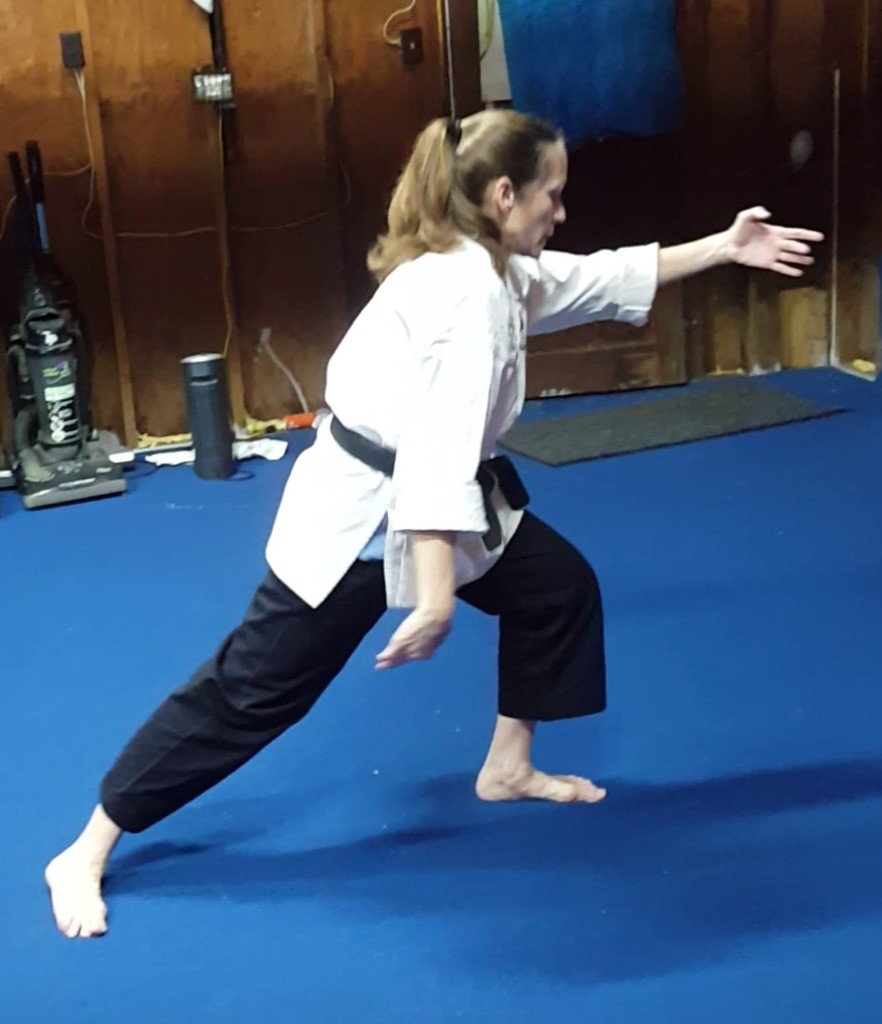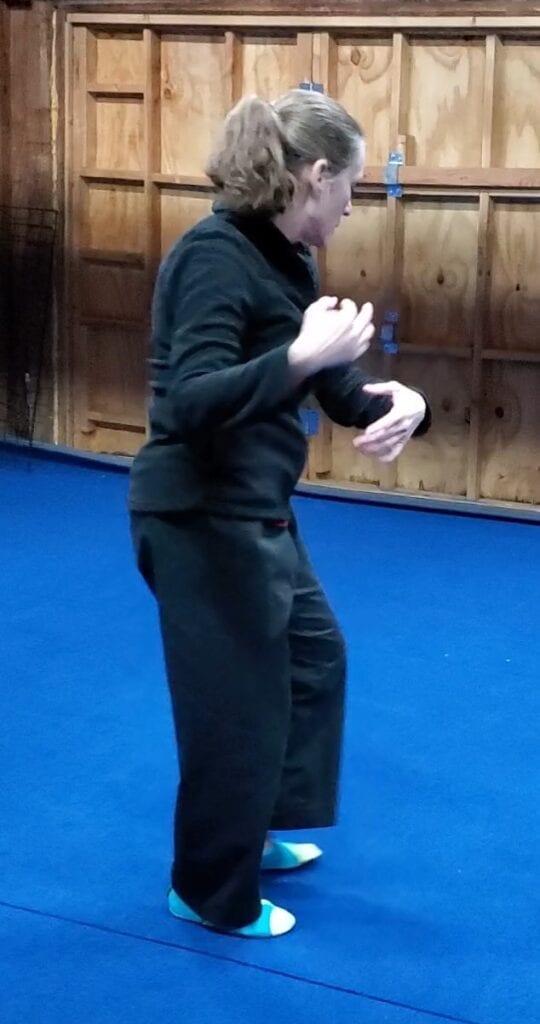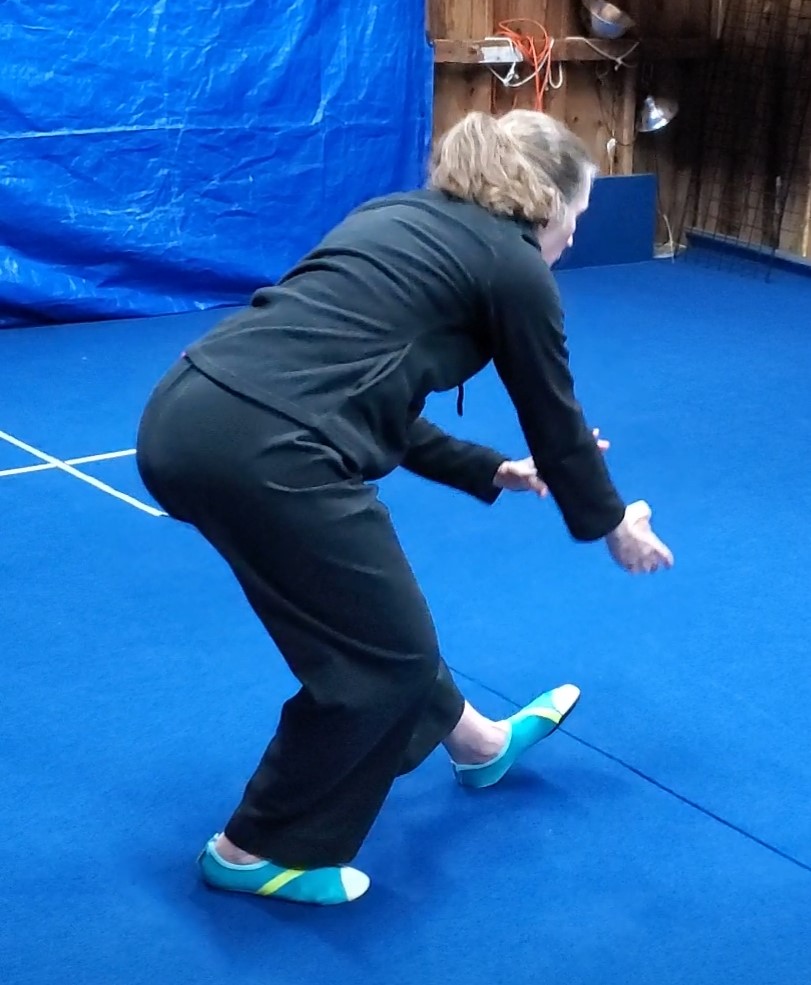Tai Chi Chuan

If you’ve seen someone in a park exercising with very slow, flowing movements, you’ve probably seen Tai Chi Chuan (also called taijiquan). In China, it’s not uncommon to see large groups of people practicing together. Tai Chi has been around for centuries and there are good reasons so many people enjoy it. It’s a low impact activity with significant health benefits anyone can enjoy – even if they’re older.
No Special Requirements
In order to do Tai Chi, you don’t need special equipment, such as weights. You don’t need special clothing – you can wear anything comfortable. Once you learn a form, you can exercise anywhere and don’t need to drive to a class. It doesn’t matter if you’re male or female. You do not need any prior experience to learn. Most importantly, anyone with mobility issues can still practice and learn.

Benefits
Tai Chi can enhance both your physical and mental health. No matter which style you learn, the basic moves are slow and gentle. Physically, the long movements stretch muscles to give you greater flexibility and keep your joints mobile. The slow controlled arm and leg movements build muscle strength. Practicing regularly, even if you’re moving slowly, can help build stamina. Tai Chi practice can also benefit you mentally. Repeating a set pattern of moves is great exercise for your brain and good for the memory. The practice itself is very calming. It requires slow, relaxed breathing and mental focus. Concentrating on slowing your movements and your breath is an excellent way to de-stress and improve your mood. Both physically and mentally, tai chi is a good balancing exercise.
Styles
There are many different Tai Chi styles, but they all use slow movements. Consequently, choosing a particular style may not be important if the primary goal is mental and physical health. You can achieve results with most of them. Some styles are “family styles” which originated in China long ago. As the term suggests, these were passed down through generations of the same family. In some of these older styles, the moves have martial interpretations used for fighting. However, most instructors now rarely explain these applications. Tai chi “forms” created more recently are on the other end of the spectrum. Many of these have been made for commercial purposes and are learned from a video. Even though they weren’t created by “masters,” you can still benefit from the physical exercise.
Personally, I practice Wu Jia Tai Chi Chuan (Wu Family Style) taught by instructors of Won Hop Loong Chuan kung fu. It is an old style, and taught in person. The head of the system is Sigung A.F. Walker. However, you can find instruction no matter where you live if you are interested in Tai Chi Chuan.
Special Considerations

Unlike other forms of exercise, Tai Chi requires relaxation and slow breathing. This makes it ideal for people who have health problems. You may think of it as a standing activity, but that’s not always necessary. It’s possible to participate in a seated position. For example, I’ve seen it taught by qualified teachers in senior adult communities. Students who used wheelchairs or walkers participated from their chairs. They still worked with controlled movement and relaxed breathing. Everyone said they benefitted from their weekly class.
I’ve been asked whether this conflicts with any religious beliefs. Tai Chi is not a religious practice, and in my opinion doesn’t conflict in any way with religious beliefs. Everyone I personally know who practices Tai Chi in the United States is Christian.
Recommendation
Now that I am over fifty, I can appreciate the benefits of Tai Chi more than I did before. As I said above, it’s low impact and provides significant health benefits. People with mobility issues or other health problems can participate even if they cannot stand. It’s one of the few exercises appropriate for people at any age. I’m pretty sure I’ll be able to practice for another fifty years.